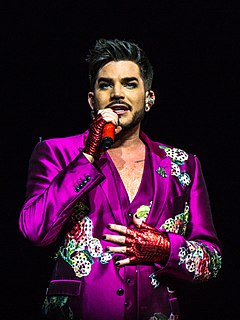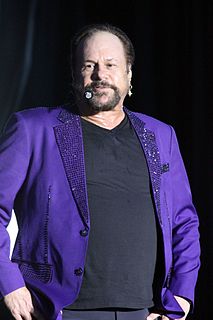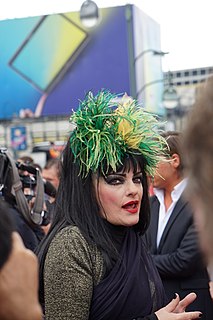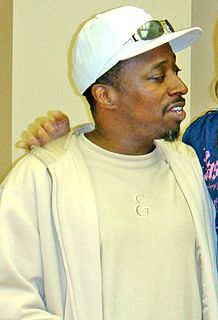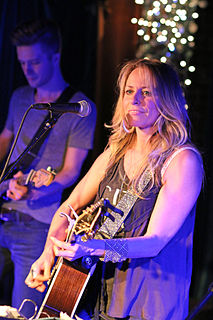A Quote by Marina Abramovic
I've been criticized by my generation, artists from the '70s - and there's nothing more tragic than artists from the '70s still doing art from the '70s - because I blur all these borders between fashion and pop.
Related Quotes
The 60s were a continuation of the 50s much more than people realized. Certainly in some countries, like Britain, there was still a culture of deference, whereas in the 70s we really are in a time of angry transition. The generation that came into young adulthood in the 70s couldn't find jobs; that wasn't true in my generation. They entered a time when two depressing things hit them both at the same time.
As I'm sure anyone who's born after the '70s' access point is - is '70s films and '70s culture and there is a kind of a paranoiac atmosphere in that time in America. Yes, it's the golden age of journalism, Watergate, and all the rest of these people making these great breakthroughs - but it's also the moment that "if it bleeds, it leads" becomes mainstream and sensationalizing the news becomes more and more the given. Checking how many numbers you're getting, whatever you can do to get more numbers.
Something I always wanted to do, to capture that later half of the '70s. It's like the early half of the '70s is still the '60s, in that there's still kind of a playfulness and inventiveness in terms of design and the things that were going on in the culture. The second half, it got much more commodified. It's possibly the ugliest era of architecture and clothes and design in the entire 20th century, from 1975 to '81 or '82.



